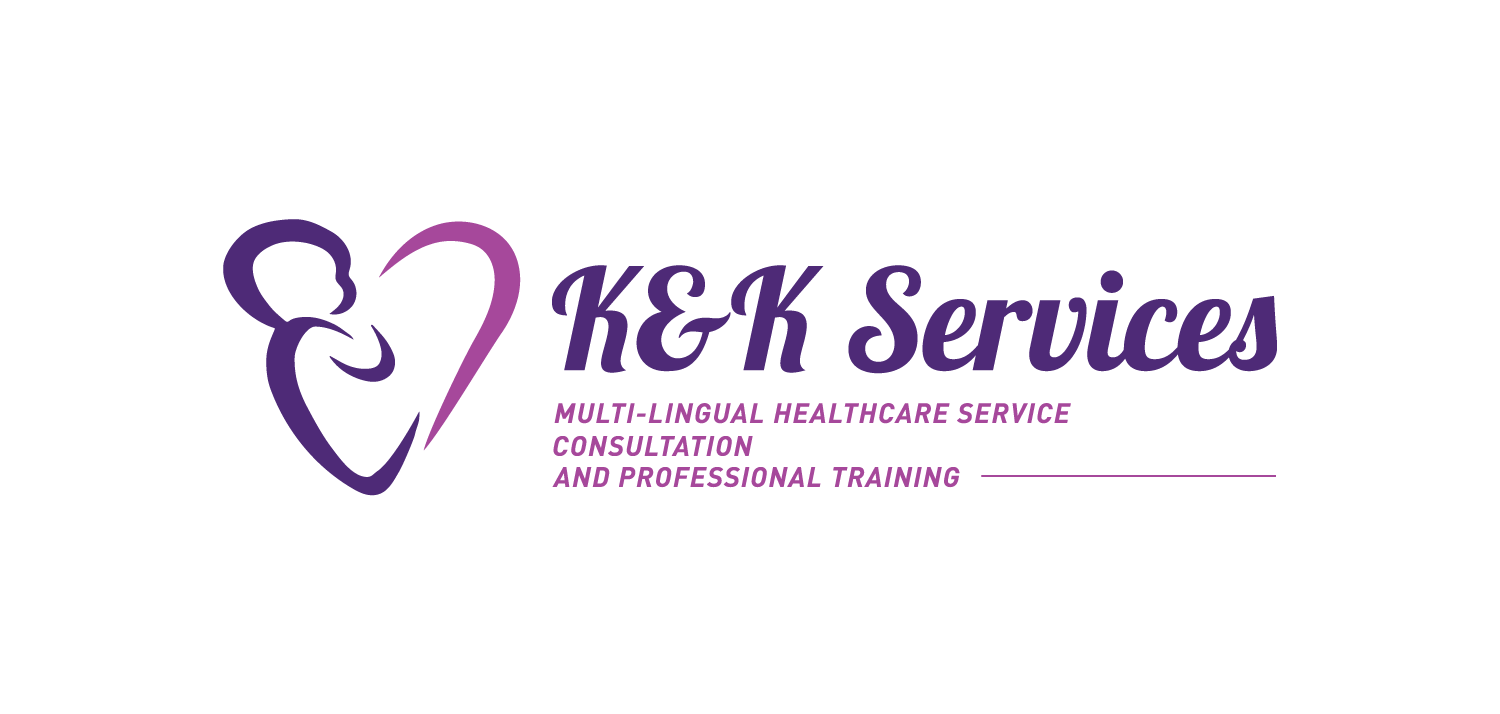It's you. Hungry. On your way home from work and with only one thing on your mind... dinner. Is it going to be roasted potatoes tonight or quinoa?
Just the thought of it is making your mouth water and suddenly-your stomach is sending out juices as if you are already eating. THAT is the power of the enteric nervous system (ENS) or the mind-gut connection.
We have always heard of "gut" feelings or had stomach pains when going through mentally distressing times and science is finally starting to uncover just how thorough this interplay between organ systems is.
Considering how mentally taxing 2020 was and 2021 is, these findings could be a necessary piece of the puzzle to dealing with the pandemic blues. Let's go on a journey discovering the details of our ENS. Doctors often call the ENS our "little brain" that controls the whole digestive process from swallowing to nutrient absorption. Think about 100 million nerve cells lining your GI tract from esophagus to rectum being called "little"!
As more and more research has been uncovering how deep the connection goes between the gut and the brain; the question of which has a greater effect on the other arises. Interestingly, it seems the pathway is egalitarian with both the central nervous system (CNS) and ENS sending and receiving messages making it difficult to trace when a digestive problem is physical or emotional at its root. Thankfully, there are general things one can do to ensure their gut-mind axis is in tip top shape.
Things like stress management, journaling and art therapy are beneficial to the CNS while eating a healthy diet rich and prebiotics and probiotics does wonders for the ENS.
The quality of the microbiome in the gut is highly dependent on a healthy balance between the "good" and "bad" bacteria. The population of "good" bacteria can be increased with regularly ingesting probiotic foods like kefir, yogurt, sauerkraut, kimchi and other fermented foods. Prebiotic foods ferment in the GI tract so the "good" bacteria can feed and on be maintained. Artichokes, onions, garlic, chicory, cabbage, asparagus, legumes, and oats are all examples of prebiotic foods.
Establishing a healthy diet and exercise regimen as well as effective emotional management techniques will ensure the best outcome for both nervous systems, which gives the (gut) feeling that this year will be a good year for your brain and your gut.
Want to learn more about the gut?
Click on the integrative nutrition and lifestyle medicine link on DrKatJohnson.com website. We are here to serve you!
Dr. Kat, Monica and Helen Derbew (article author)
Dr. Love’s Integrative Nutritionist & Lifestyle Medicine Consultants

